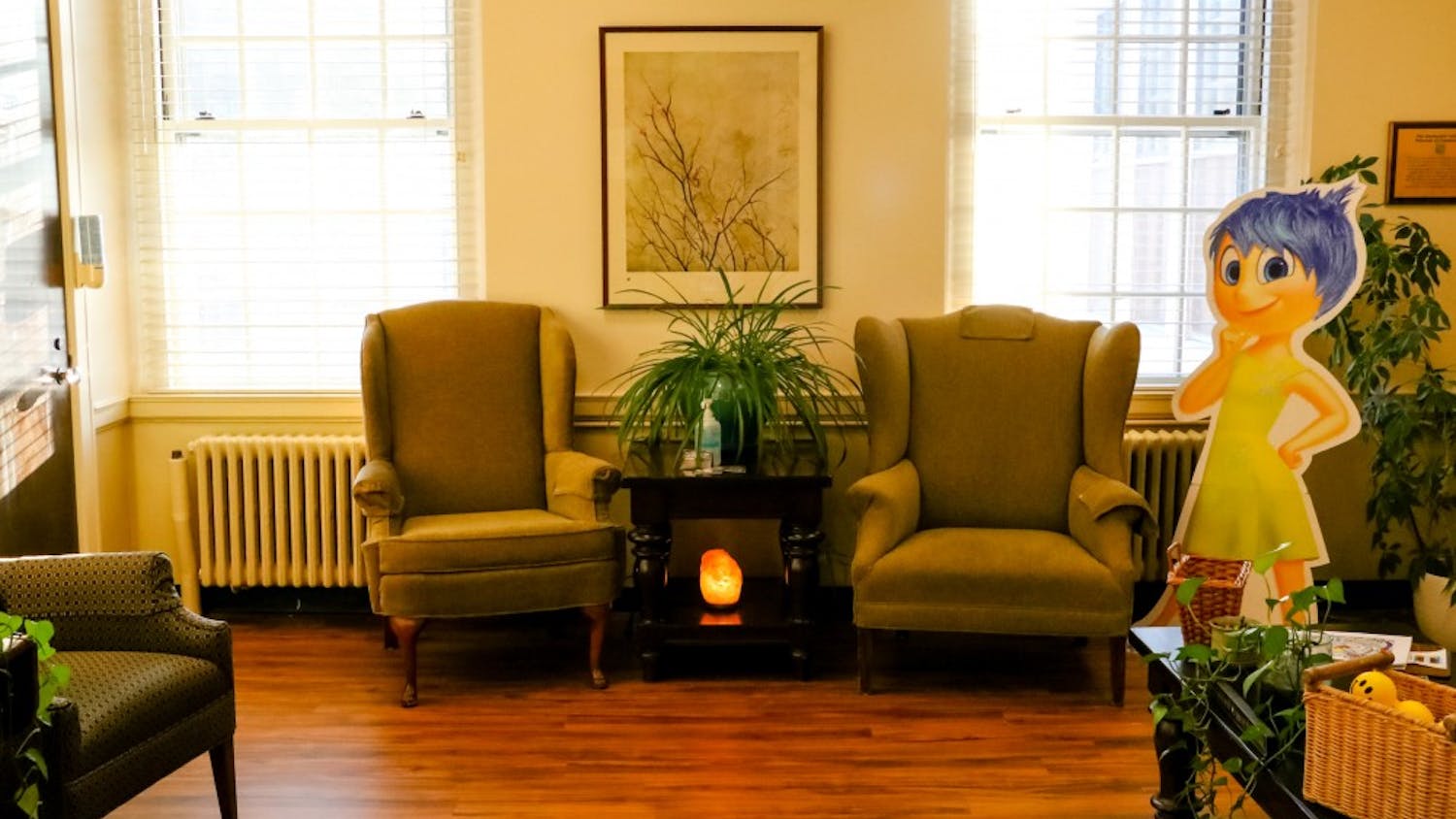Dartmouth recently signed a deal with a private developer to plan and build a 300-unit apartment complex primarily for graduate and professional students on property owned by the College on Mt. Support Road in Lebanon.
The developer, Michaels Student Living, is planning a complex expected to house at least 500 people. Currently, about 30 percent of Dartmouth’s roughly 2,000 graduate student population lives in College-owned housing, while the rest must compete for housing in the Upper Valley.
Graduate student council president Curtis Petersen said the GSC has been discussing affordable graduate student housing with the College for years.
“It’s an issue that all graduate and professional students feel is critically important to their education,” Petersen said. “Housing is a huge priority that comes up almost every single council meeting because we have to find our own housing and fund it ourselves from our stipend.”
According to Petersen, the housing demand has left graduate students with few options.
“[The] market is completely saturated, and people can charge however much they want,” Petersen said. “That means we have graduate students who travel an hour and a half to get to class, students who must share rooms or convert non-bedrooms into bedrooms, and students who take out loans to be able to fund themselves.”
A meeting will be arranged with the contractor looking for feedback regarding what graduate and professional students are looking for in housing, according to Petersen.
“It’s unfortunate Dartmouth College hasn’t prioritized graduate student housing in the past, but I think that this is really good opportunity for graduate students to help impact what the future of [their] housing will look like,” Petersen said.
The 2019 “Housing Demand Study & Planning” report, which presents results from a survey completed by 403 graduate students, concluded that price and proximity to campus are key drivers in choosing housing options. The report also stated that the walking distance to shops, food and access to Advance Transit shuttle stops were the two most important factors determining location preferences for graduate students.
Anne Farrell , a graduate student in the ecology, evolution, environment and society program, lives with her partner and baby in a house they bought. She said the current campus housing offerings are not family-oriented enough.
“Between having kids, it never even occurred to me to want to live in campus housing,” Farrell said. “I think if there were new campus housing that was more family-oriented, like apartment style, depending on the cost, that might be worth looking at.”
Beyond housing, the other major issue graduate students face is transportation. According to Petersen, while buses are a popular option, their schedules and routes aren’t always ideal for graduate and professional students. Transportation is an even bigger problem for international students, who don’t usually have licenses or cars. Thus, the graduate student council is currently pushing for transportation arrangements to be included in the new housing project being developed, according to Petersen.
Mathematics graduate student Zachary Garvey agreed that transportation and proximity to campus is a top criterion for graduate student housing. He currently has to drive 35 minutes to get to campus.
“As a grad student you shouldn’t have any barriers to doing work,” Garvey said. “If I just want to stop into the office and do a little bit of work, I can’t do that because I have to make a commitment to stay for a while. For other graduate students who don’t live walking distance to campus, public transportation is another priority, because most of them don’t have cars.”
Currently, 527 graduate and professional students live in Sachem Village, a limited number of international students live in the North Park apartments and the rest have found housing in the Upper Valley through peers within their own programs of study, on Dartlist or Craigslist, or through private renters, according to Petersen.
Affordable student housing is an issue beyond Dartmouth. Petersen said that at the Ivy+ Summit meeting this year, which brought together council leaders from all Ivy League schools and the University of Chicago, representatives from each of the schools viewed affordable housing as their biggest issue.
Dean of the school of graduate and advanced studies Jon Kull said staff also have a hard time securing housing because of the tough market, where rental offerings are sparse and demand is high.
“To me, this public-private partnership with Michaels Student Living seems like really good solution to a really sticky problem, because we need the housing, but we’d rather invest the money in academic enterprise,” Kull said.
The public-private partnership entails that Dartmouth lease their land to another company, the private developer invests its money and Dartmouth sends a steady stream of renters. This way, the College does not have to pay for construction or maintenance.
“The plan has been floating around for a while to use this public private partnership,” Kull said. “Even though Dartmouth has real estate, I think the opportunity to have an external company do it seemed like a great solution.”
Correction appended (Feb. 13, 2020): This article originally misspelled dean of the school of graduate and advanced studies Jon Kull's name. The online version has been updated with the correct spelling.



